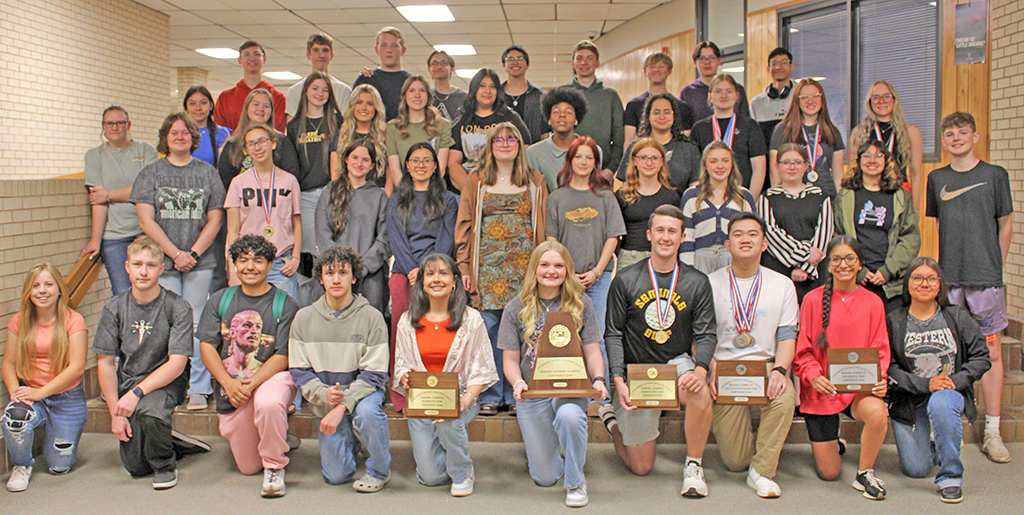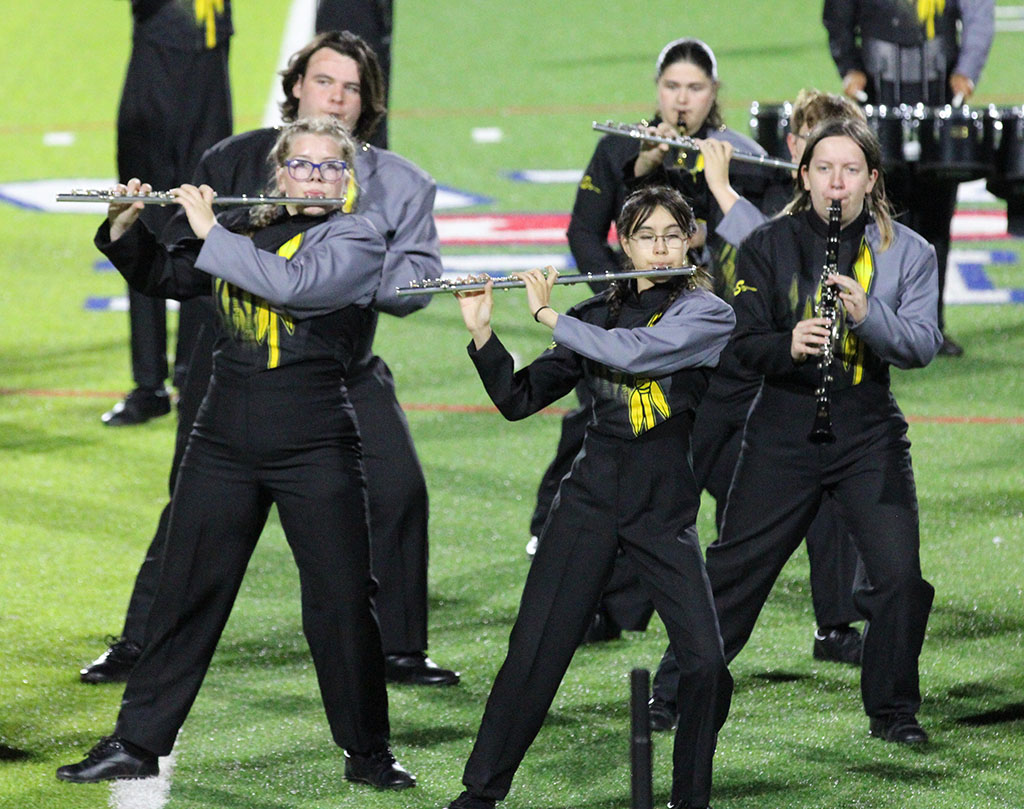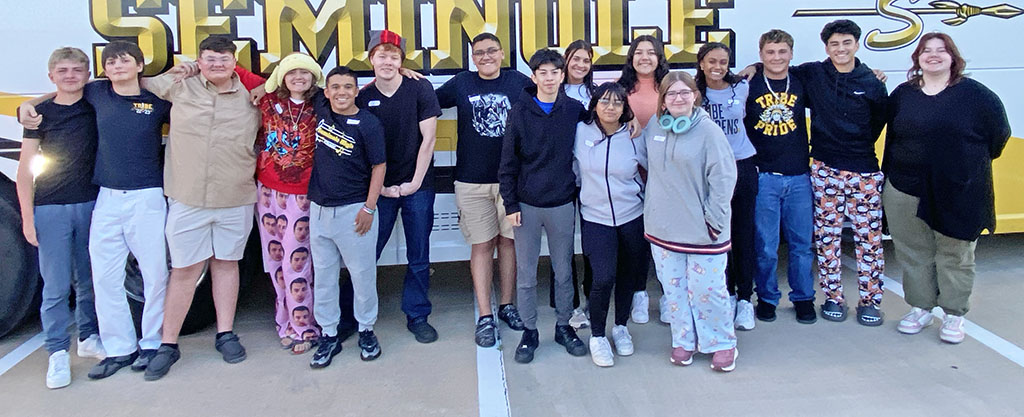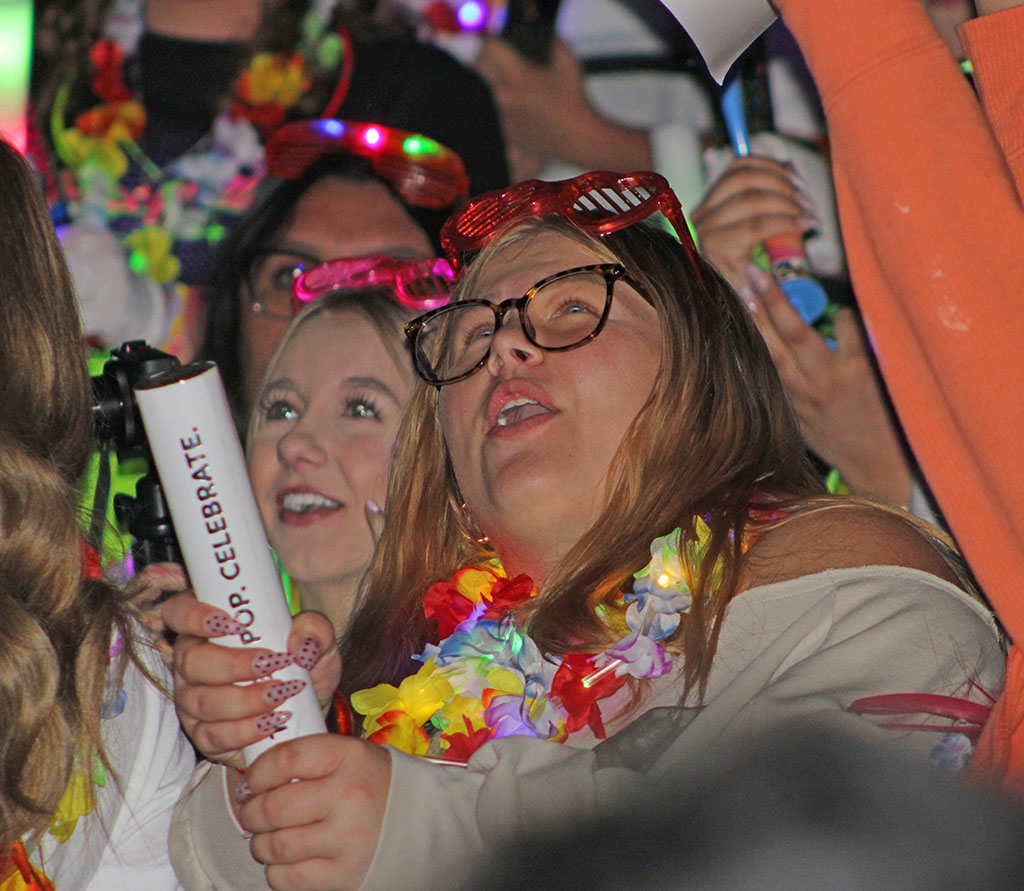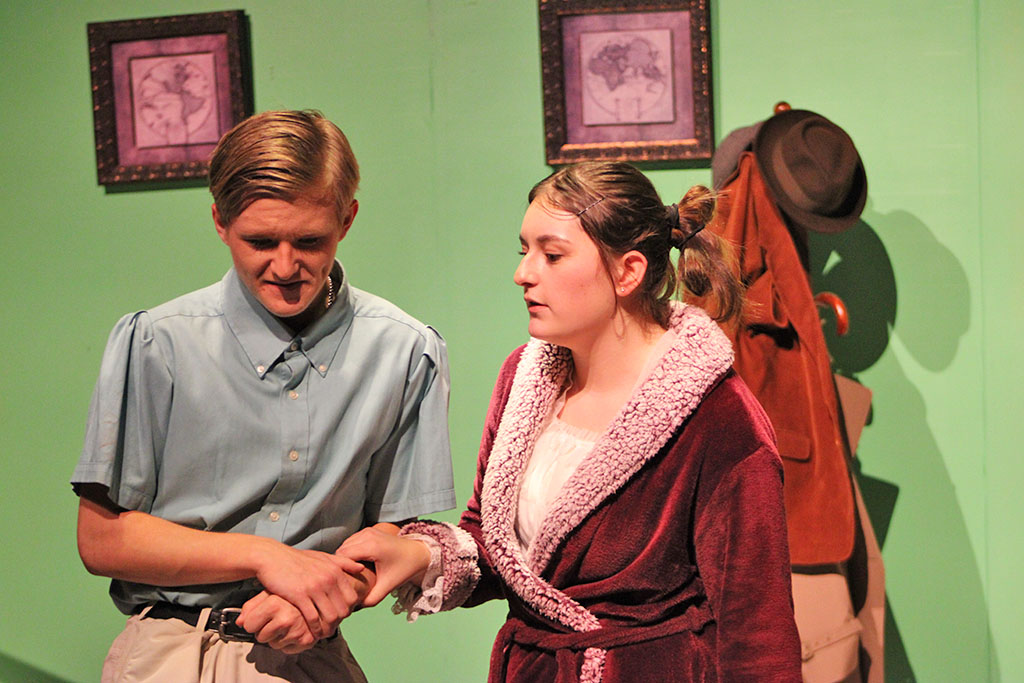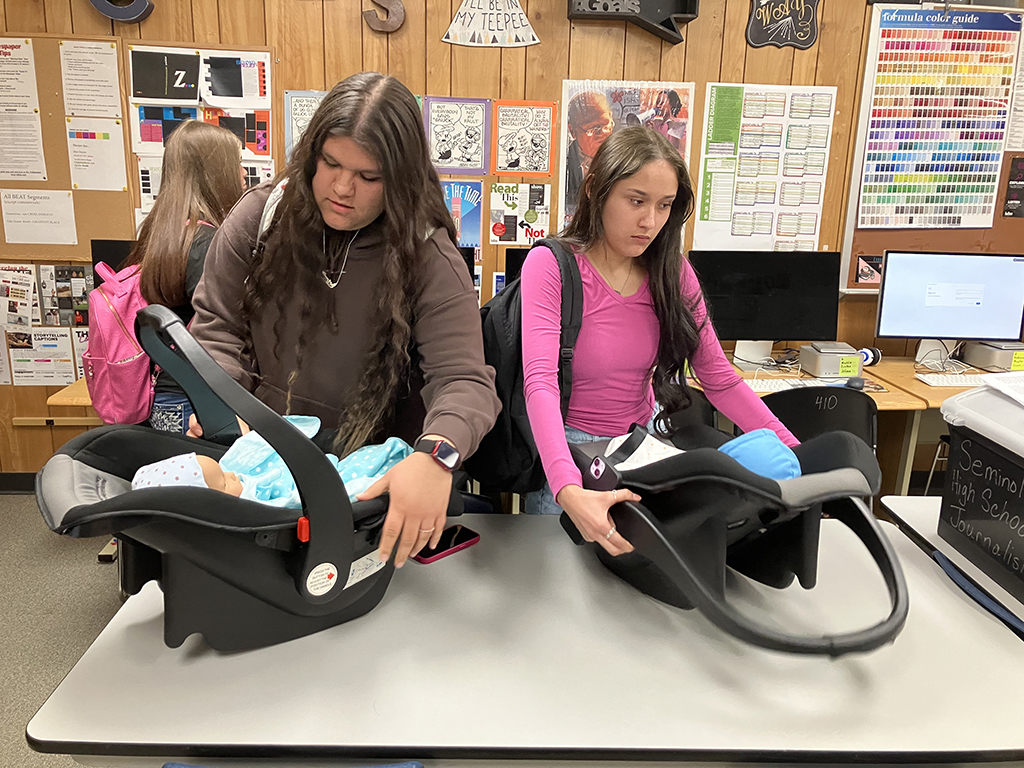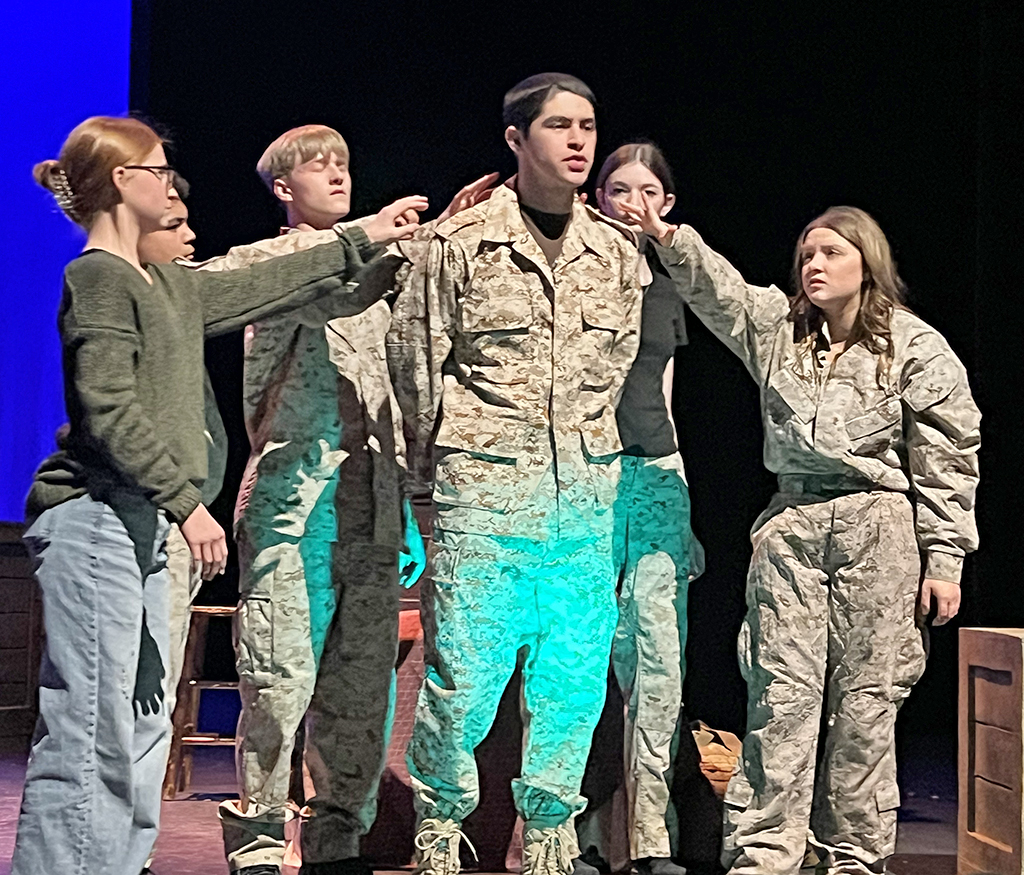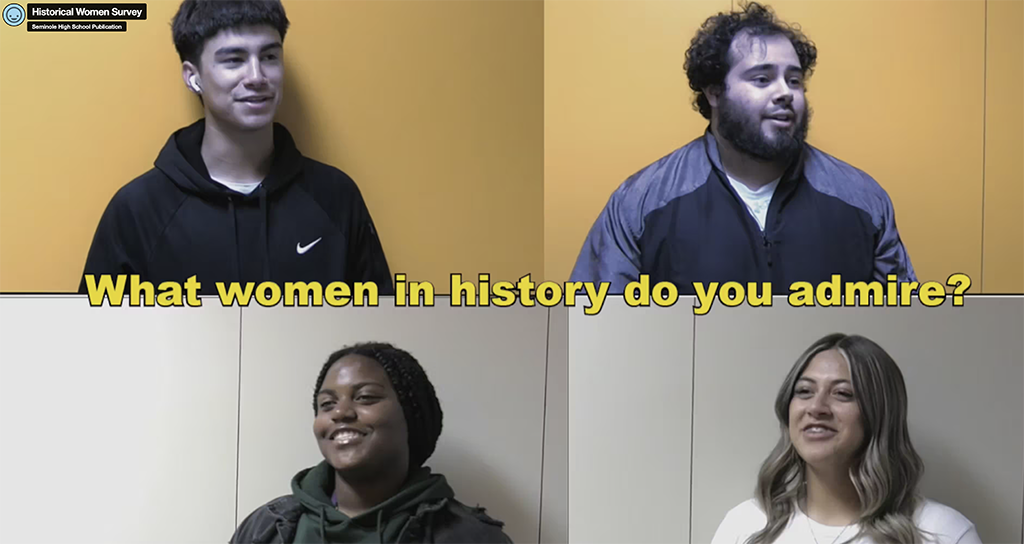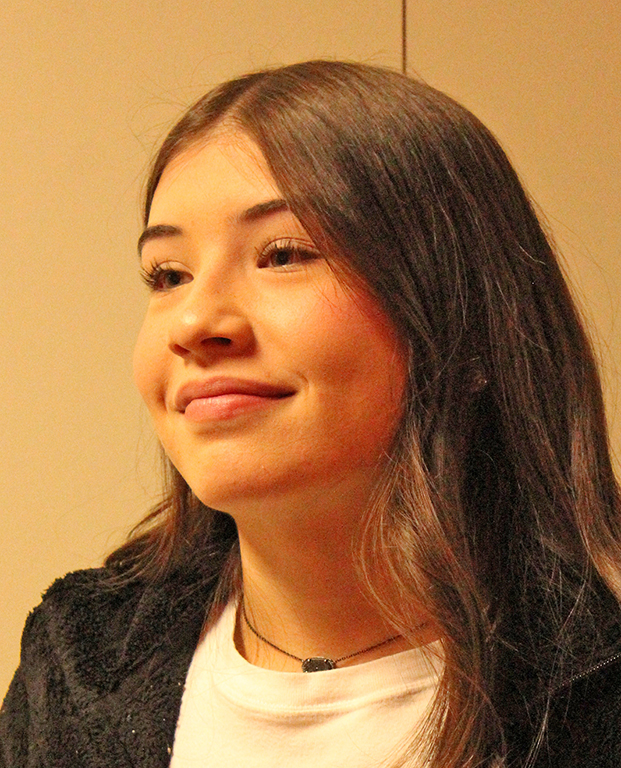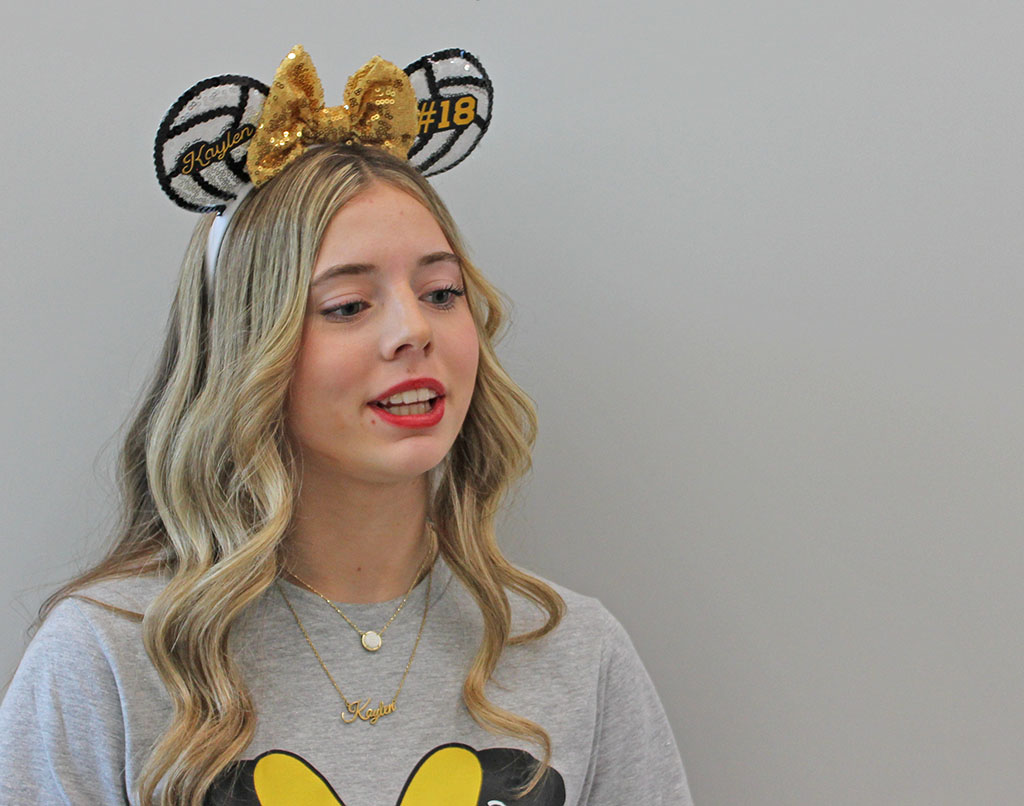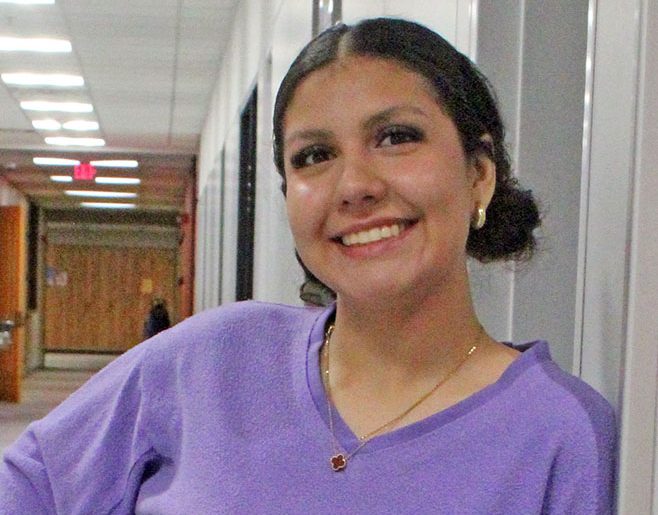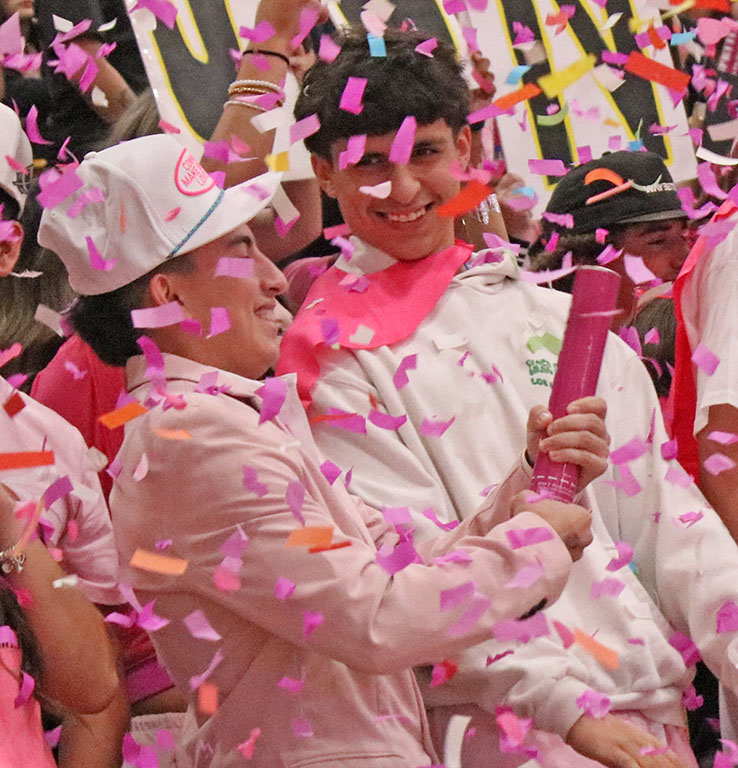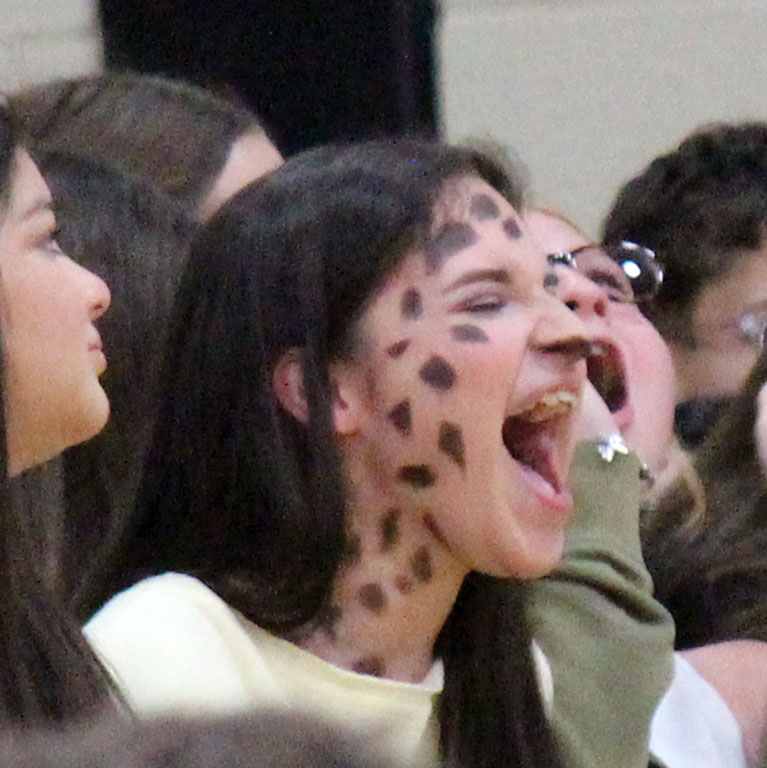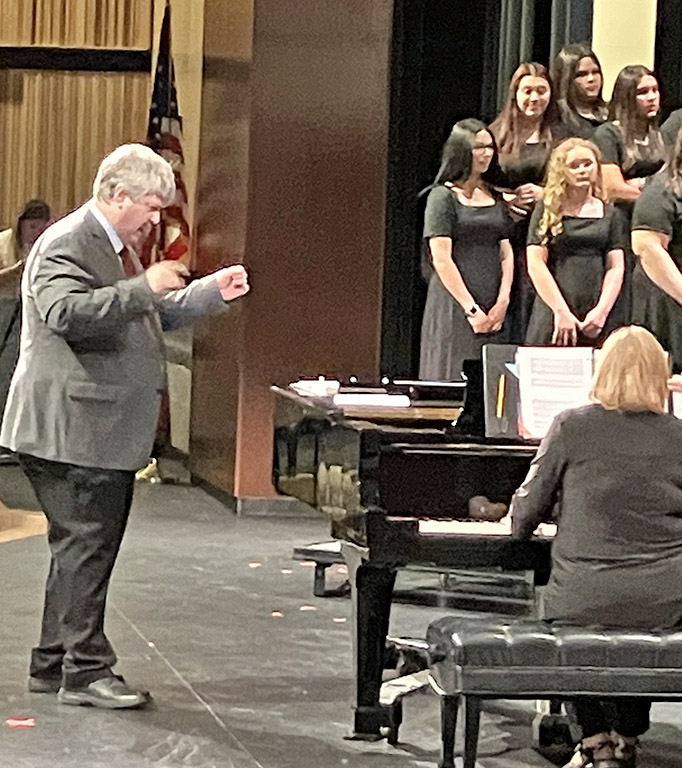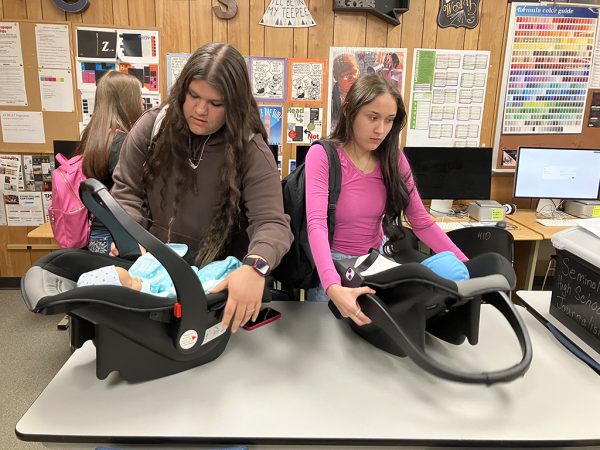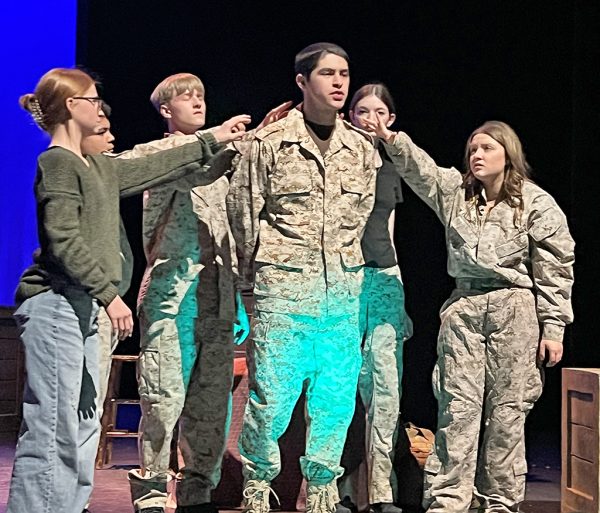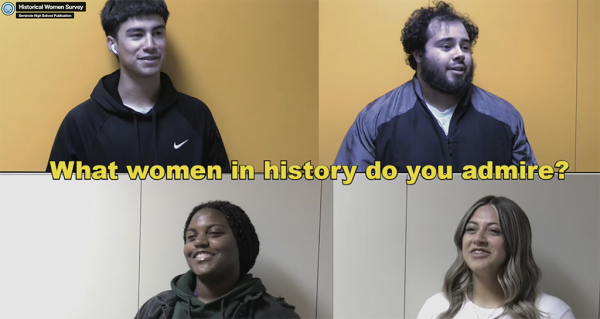IS IT WHAT WE EXPECT IT TO BE?
art by Jake Froese
Love is a word heard most often around
Valentine’s Day, but in reality, it is used in
more ways and in more different forms than
perhaps any other word in the English language.
From the “Oh my gosh, I love your shoes” love
to the love felt for family to the love you like a
brother of friendship to the I can’t live without
you kind of passionate love.
The word “love” is bandied about with little
or no meaning. People tend to use it for
any kind of visual enjoyment. When
looking at something that appeals to the eye, the word “love”
is used. This explains why diamonds are a girl’s best friend. It is not
really a kind of love–just the word humans abuse most often.
The love for a family member is the first love children experience. This is
parental love. According to Dr. Paulette Kouffman Sherman with Examiner.com,
parental love involves guidance and some authority. Paternal love usually prepares
a child to be ready for the outside world. Parental love in most likely what shapes a
person as they become adults.
“My love for my family is strong,” senior Dakota Crump said. “My family will be with me no matter what.”
Love for a friend is the second type of love one experiences growing up. When a child first starts school he or she has two categories of people: family and friends. A child enjoys their presence but is not capable of love until he or she learns to dislike. Once a child experiences dislike or hate,then love is an easier concept to grasp. Love is happy and good while hate is angry and bad.
The different kinds of love are still confusing for a child, though. A child doesn’t love every person he or she doesn’t hate. There is a fine line between the two, but the line
between hate and indifference or love and indifference is hazy. However, according
to Steve Connor, the science editor for The Independent, the brain uses very similar
emotions, such as anxiety and nervousness to express both love and hate, and
they happen in the same area of the brain. This explains the idea of a love/
hate relationship.
“I have a love/hate relationship with the weight room,” senior Ramon
Juarez said. “There is so much to gain but also so much pain there.”
Love/hate relationships are confusing, especially in high
school when students are just beginning to get a look
at the outside world. Many things in high school are confusing, though. When students should be worrying about algebra and EOC essays they are instead stressed about the difference in liking someone and liking-liking someone. They become caught up in the fine line between “going out” and “just talking”. Often math and English worries are kicked to the curb for a “special someone.” Love in high school can be a dangerous thing because this is where teens find out that not everyone has the same ideas about what love is.
“Relationships only last if there is lots of honesty and communication,” sophomore Will Gerber said. “Once one of those two is lost, then problems start to occur, and you don’t want to lose them. The biggest obstacle is when people try to control stuff.”
Studies show that one-third of students who get married right out of high school will be divorced within 15 years. In this modern age of disposable relationships, any commitment could seem temporary without proper work on a relationship.
“One problem with high school love is the drama,” sophomore Destiny Winn said. “Drama digs into every relationship.”
Teenage perspective on marriage have changed over the years. Views seem to be more concerned with how the “I do” moment will look and less concerned with the “in sickness and in health, till death do us part” moment. The commitment part of the relationship most often breaks down.
“Love is a commitment,” senior Helena Duek said. “It requires being there for them through good times and bad times.”
Commitment to a relationship requires more for a love to last. To be sure that a person want to spend the rest of his or her life with someone else, they must keep a few things in perspective. How does a significant other treat children? What is his/her current family relationship?
“I think before you marry someone you need to step back and really look at your fiancé,” family consumer sciences teacher Julie Jameson said. “Look at their relationship with their parents and watch how they treat them.”
Relationships with parents are vital to healthy marriages. Statistically, many people choose a mate based upon their own parents. According to Celeste Perron with CNN, people marry someone like their parent, not because of the fond memories, but often to make up for an unhappy childhood.
Nevertheless, an ideal relationship or marriage should be based on love, and love should be based on similar interests and mutual affection for each other. Love may be associated with red, but it is certainly is not ever just black and white. Just as there are different shades of red,
there are different stages of love. Love, like a brightly colored T-shirt left out in the sun, can
change. It pays to be sure that the love one thinks one feels is actually love.
“I thought I was in love,” Crump said. “I grew up, and learn that love wasn’t what I thought it was.”
Once a person truly find real love, all the trials up until that “true love moment” make sense. The heart
break and challenges faced in previous relationships suddenly seems worth the mess. Love is wonderful,
but there is often a long and dangerous path to find it.
“Love is something that you get when you can’t get enough of someone,” Juarez said. “It is like you are
addicted, and you can’t get over it.”
As a whole, love is distractive, delicate, confusing and beautiful. Love can be defined hundreds of ways and still make complete sense to someone special.


